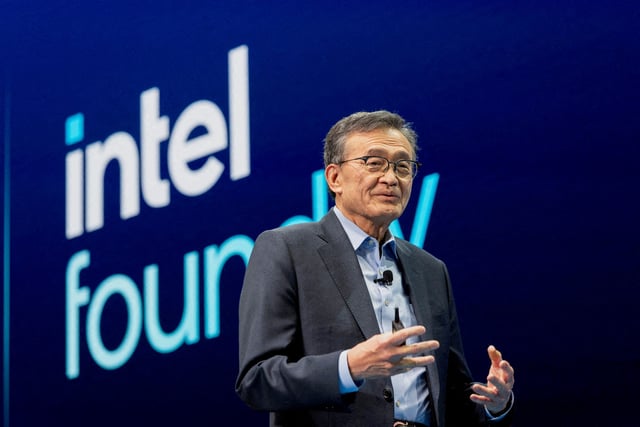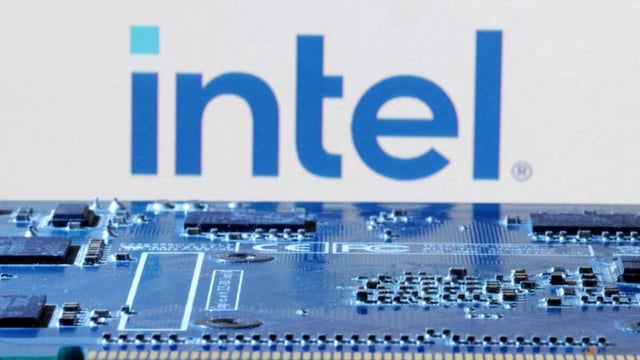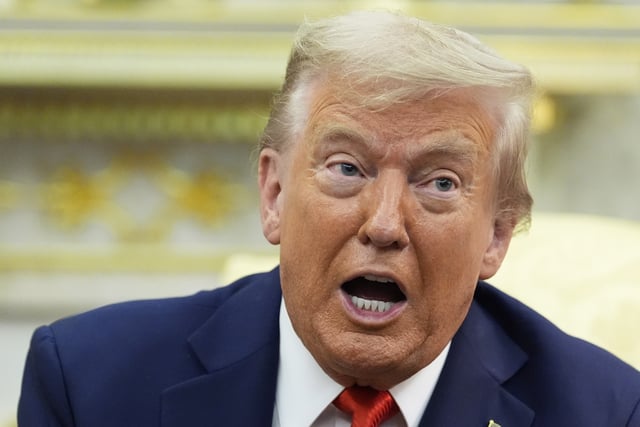Overview
- Intel said it received $5.7 billion in cash under the arrangement, which converts about $11.1 billion in prior government funding into a roughly 9.9% passive stake with no board seat.
- Company filings warn of shareholder dilution, reduced voting power, and potential overseas regulatory complications, while Fitch said the move does not change Intel’s BBB credit profile.
- Intel’s CFO said the agreement includes a warrant tied to keeping majority control of its manufacturing unit and suggested the government opposed any sale or spin‑off of those fabs.
- Commerce Secretary Howard Lutnick and NEC Director Kevin Hassett indicated similar government investments are being considered, including in defense contractors, and the president said he wants more deals.
- Republican critics such as Sens. Rand Paul and Thom Tillis decried the step as a move toward state capitalism, governance experts flagged conflict‑of‑interest risks, and Sen. Bernie Sanders praised securing taxpayer return.



